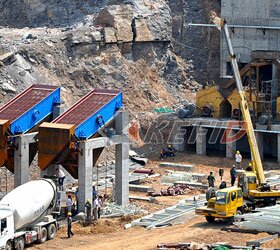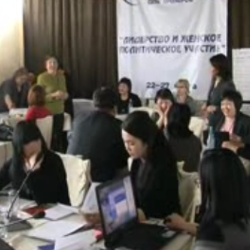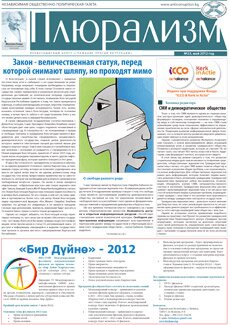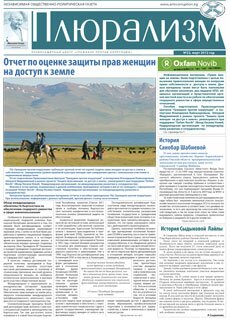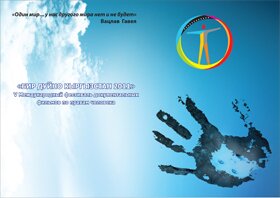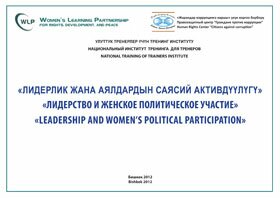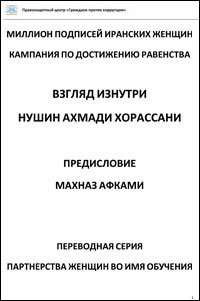1. Nurlan Djoldoshev
(Budget Transparency & Public Accountability Program, Soros Foundation Kyrgyzstan)
1. What are the main problems and limitations of the EITI at the moment?
The main problem and limitation of the EITI in our country is that extractive companies cannot work in many mining sites because local citizens strike against any operations of the extractive companies using as a main argument the problem of their ecology and environment protection. They say that their communities do not need revenues from extractive industry because they benefit almost nothing from such business and they believe that the companies will leave them only environmental destruction. So now both government and companies do not know how to improve dialogue with local communities.
2. Which issues do you think the EITI needs to include in its scope?
Improved engagement between the EITI process and local communities is a very urgent issue for Kyrgyzstan. Explaining the EITI rules to local communities through building local MSGs would help to improve the interactions between local citizens and companies. This kind of approach will give opportunity to make EITI really useful and useable tool for people.
2.a — How would your country benefit from this issue being included in the EITI?
Our country will benefit from this issue in terms of improving dialogue between local communities and mining companies. These days it is an increasingly urgent issue for our extractive industry development.
2.b — Would your government, and/or the extractive companies operating in your country, support the inclusion of this issue within the EITI?
Yes, our government and extractive companies now needs this kind of tool which gives them opportunity to improve interaction with citizens who are in opposition to mining activities and to state organisations supporting the companies.
2.c — What information on this issue should be included in EITI reports, and how would citizens use this information to bring about greater corporate and government accountability?
The list of achieved agreements and resolutions of local MSGs should be included into the EITI reports, so that citizens can use this for monitoring the implementation of such resolutions and agreements by companies and government, and at the same time companies can call citizens for keeping their promises according to MSG agreements.
2.d — Should all countries be required to include such new issues in their EITI reporting, or should the Board allow countries to innovate at their own speed and reward those countries that have a broader and deeper EITI process than others?
Since the EITI is a standard-based mechanism, all countries should be required to include such new issues in their EITI reporting.
1. Kalia Moldogazieva
(Director of HDC “Tree of Life”, NGO Consortium Coordinator)
1. What are the main problems and limitations of the EITI at the moment?
Very narrow focus only on financial indicators, as taxes and other deduction to budget. In Kyrgyzstan many conflicts start before the companies have made profit and started to pay taxes into budget in full size. The voluntary approach for companies should be made mandatory – as companies are extracting our non-renewable public resources.
2. Which issues do you think the EITI needs to include in its scope? (e.g. licensing and contracts, greater transparency of government budgets, disaggregated and sub-national reporting, better engagement between the EITI process and local communities, etc)?
All of the above. In Kyrgyzstan most of the contracts and agreements signed between government and companies are done without public consultation with local people and NGOs. Disaggregated reports would allow citizens to see the contribution of companies to local and regional government budgets.
EITI should go to the mining regions, not remain in the capital. For example, in Kyrgyzstan some members of the Working Group of our NGO Consortium ( HDC “Tree of Life”, “ Citizen against corruption”, NGO “Karek”, NGO “Foat”), went to Talas region in March 2011 to explain to people issues relating to the EITI, and to organize meetings with companies and local authorities (with logistical support from our local partners). Local people were given the opportunity ask questions and express their views and requirements, so the situation was somewhat stabilized.
2.a — How would your country benefit from this issue being included in the EITI?
People in mining area will see concrete figures of benefit and risks of extractive industries, will have possibility to participate in decision making process during licensing and signing of contracts, companies will became more transparent and responsible.
2.b — Would your government, and/or the extractive companies operating in your country, support the inclusion of this issue within the EITI?
I think some of them – disaggregated reports, more transparent state budget and engagement with communities – the government might be willing to support.
2.c — What information on this issue should be included in EITI reports, and how would citizens use this information to bring about greater corporate and government accountability?
Disaggregated reports, contracts description (at least their public parts). People will use this information in order to know better contribute and obligation of companies under society.
2.d — Should all countries be required to include such new issues in their EITI reporting, or should the Board allow countries to innovate at their own speed and reward those countries that have a broader and deeper EITI process than others?
All countries should be required include above mentioned issues.

